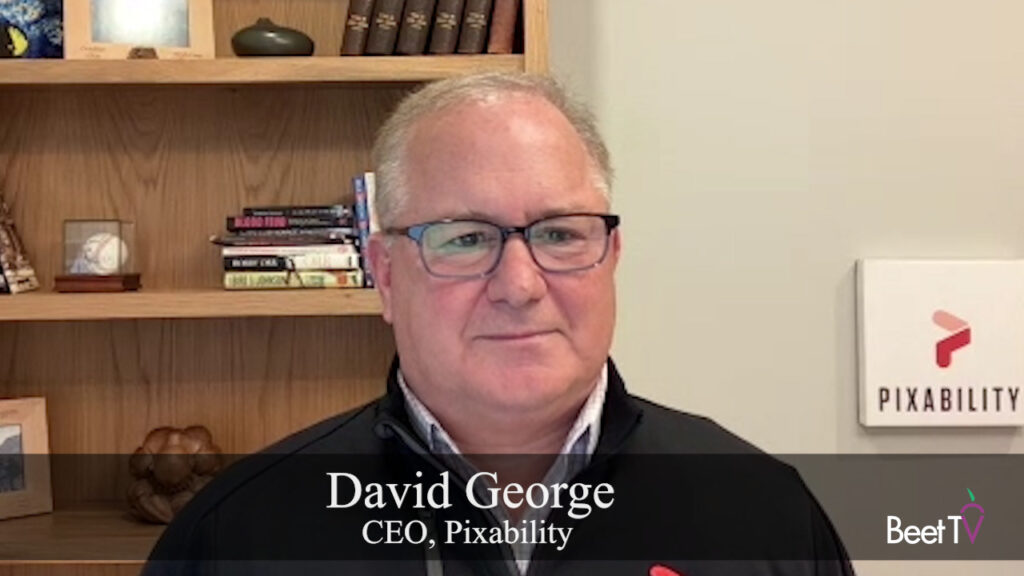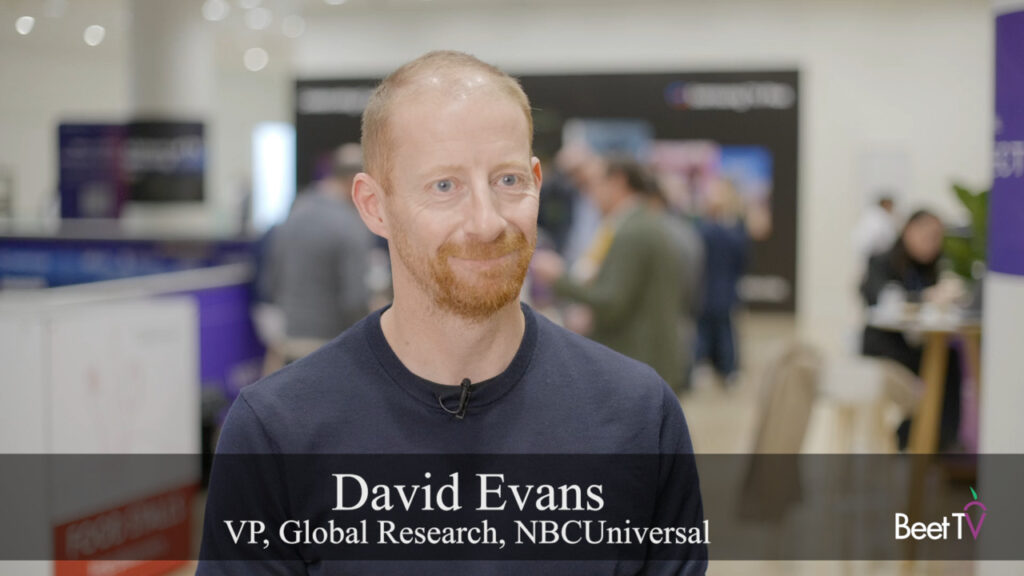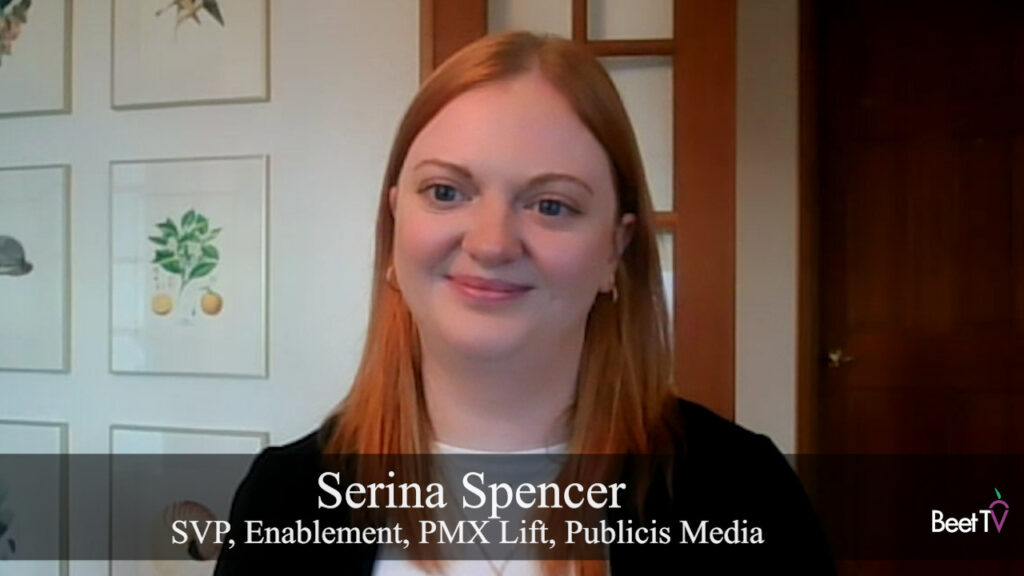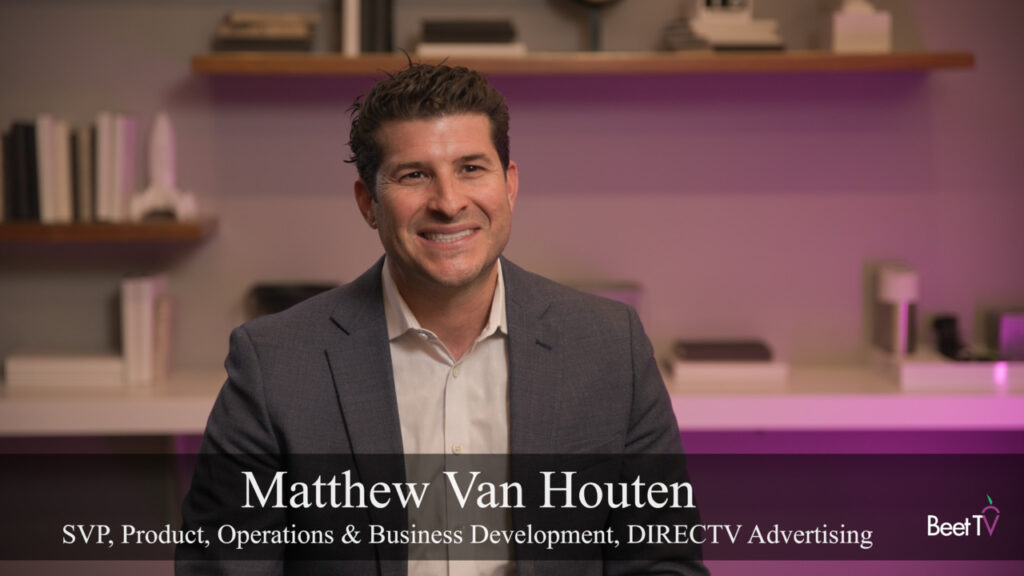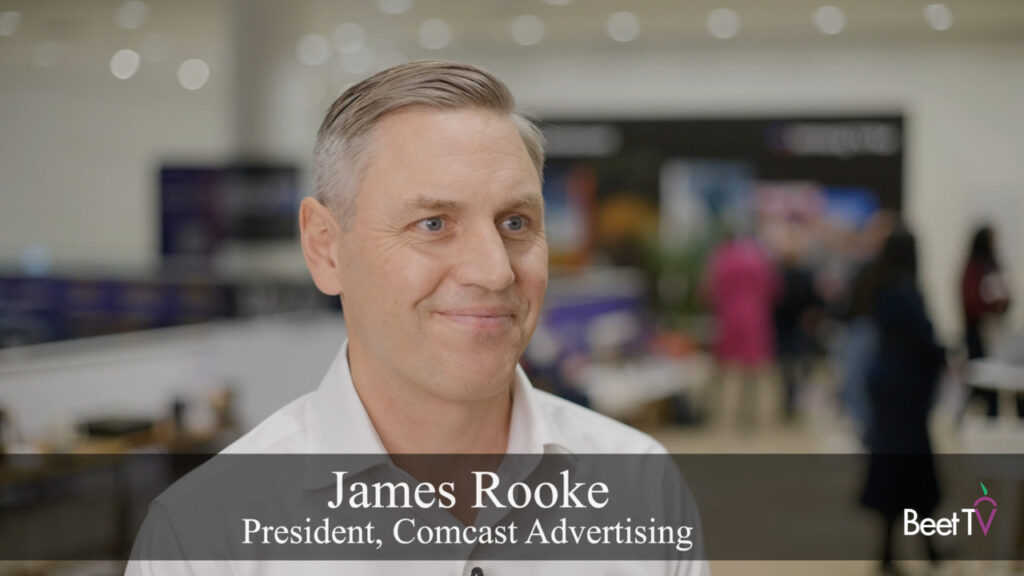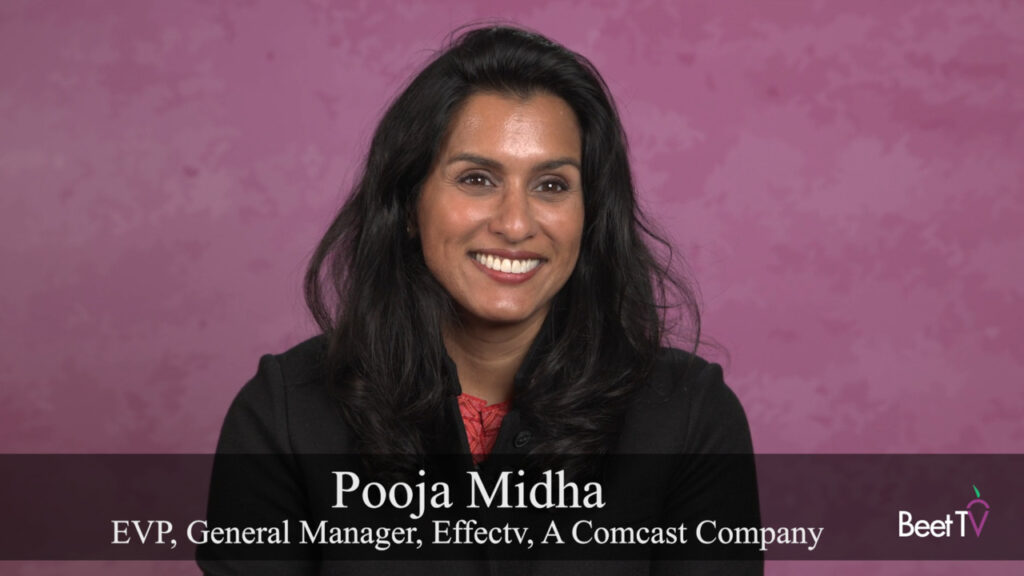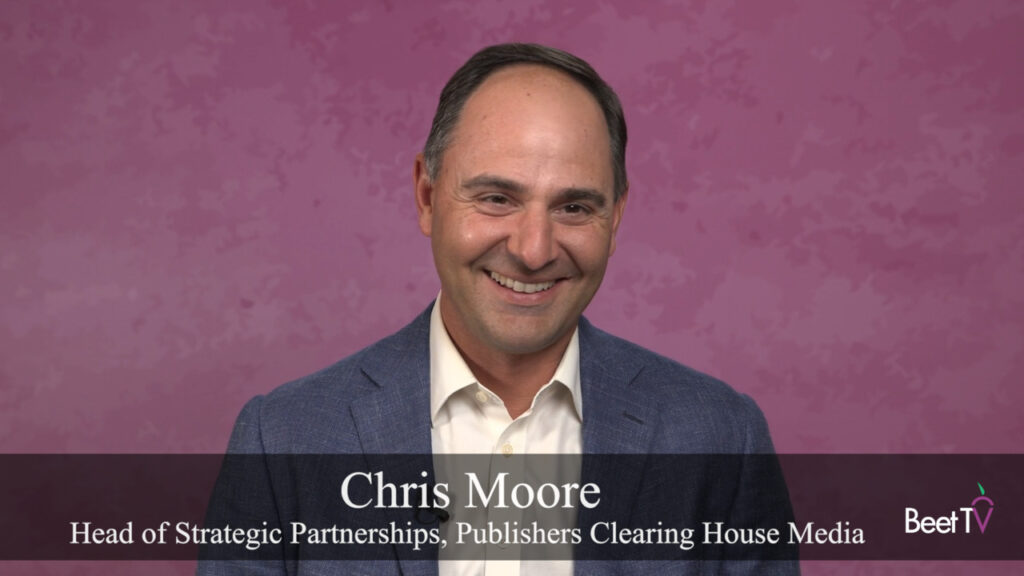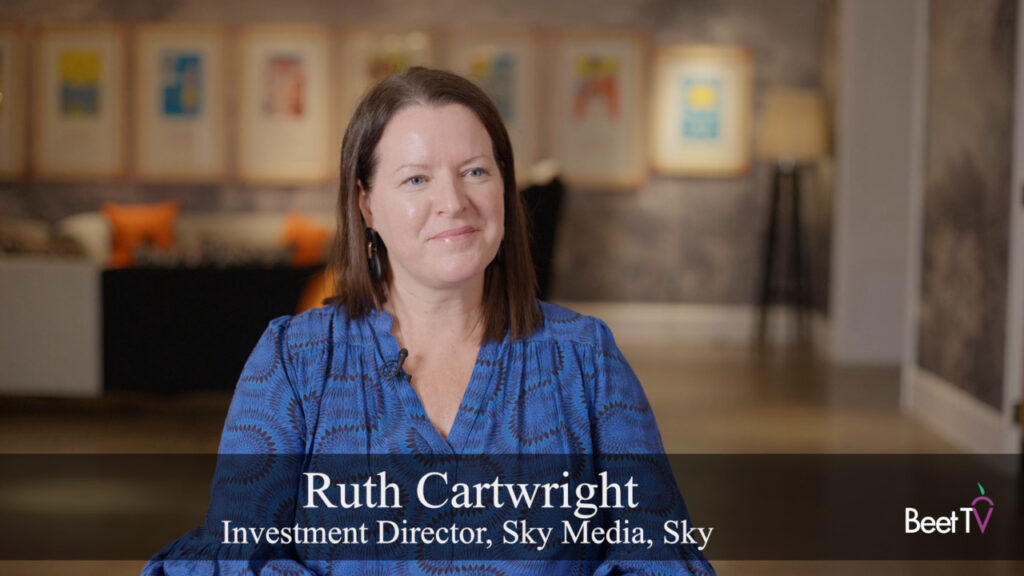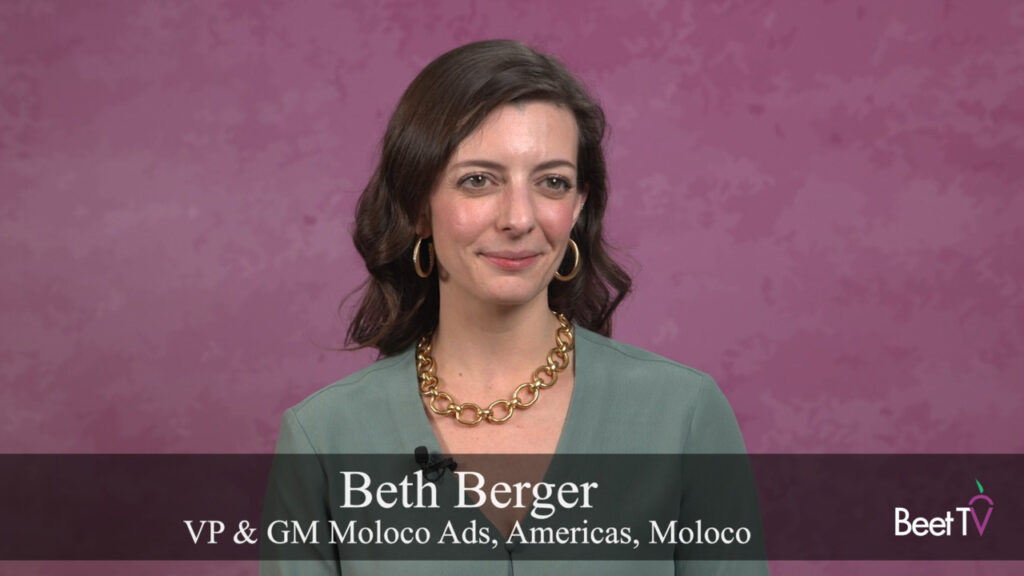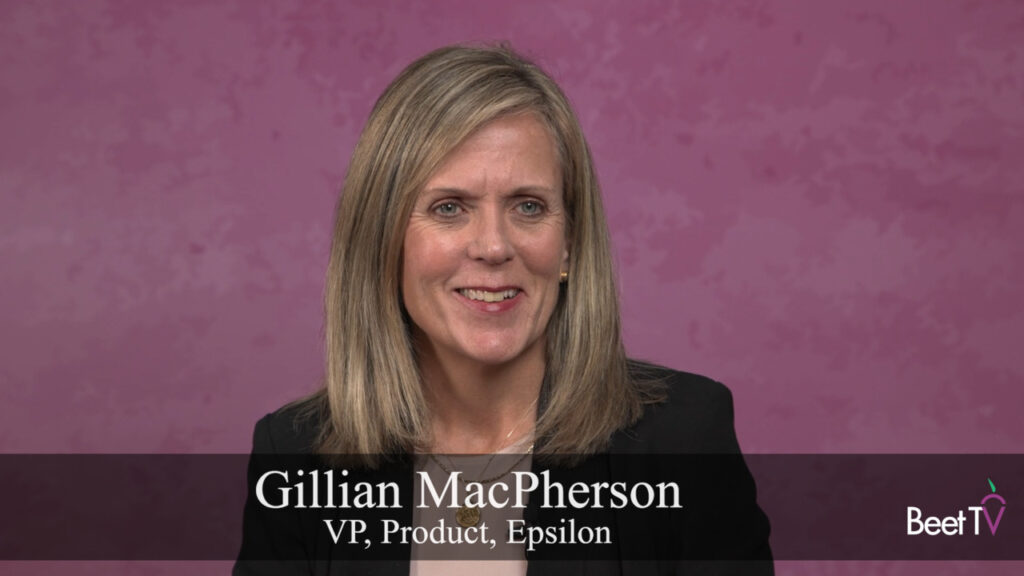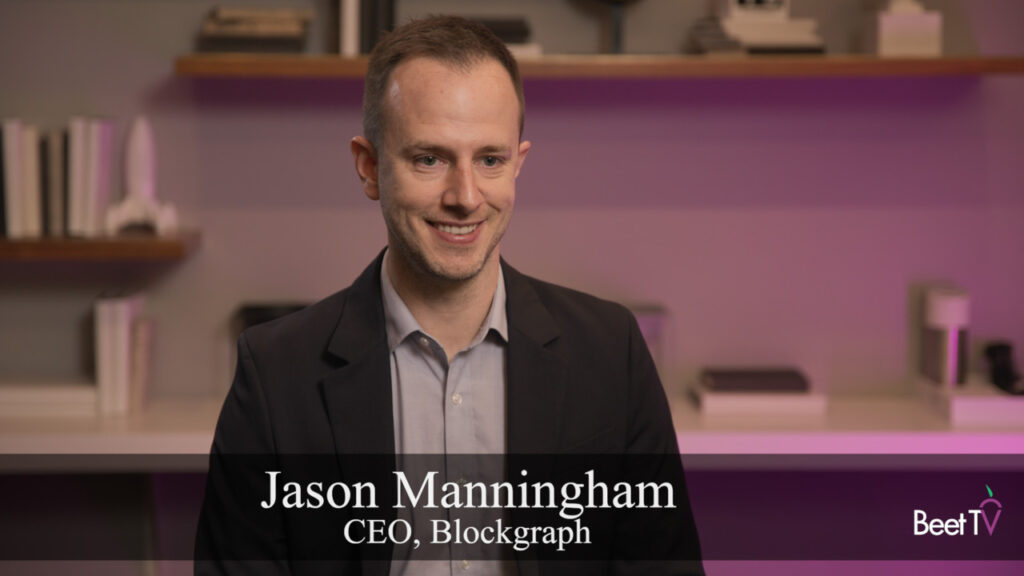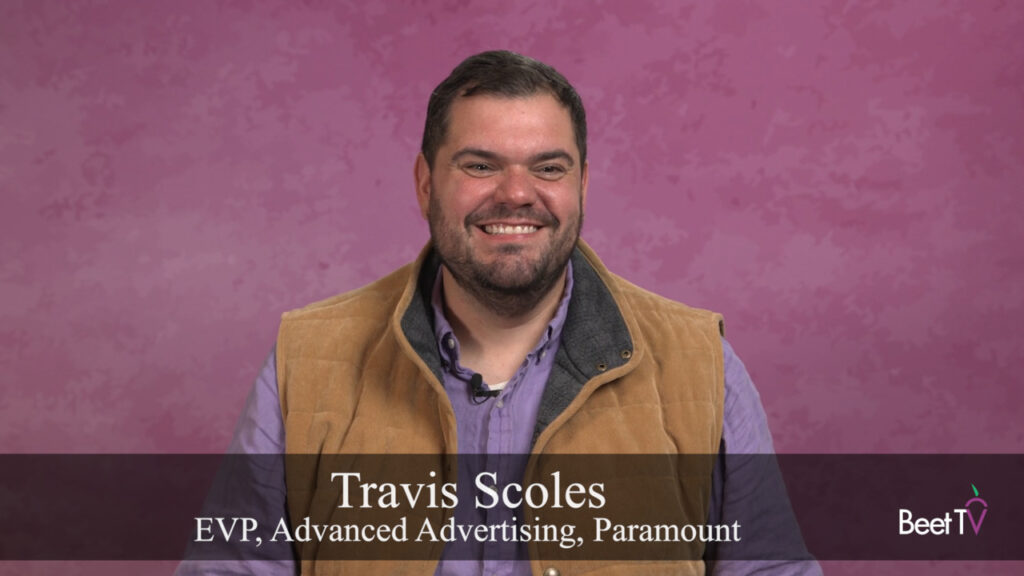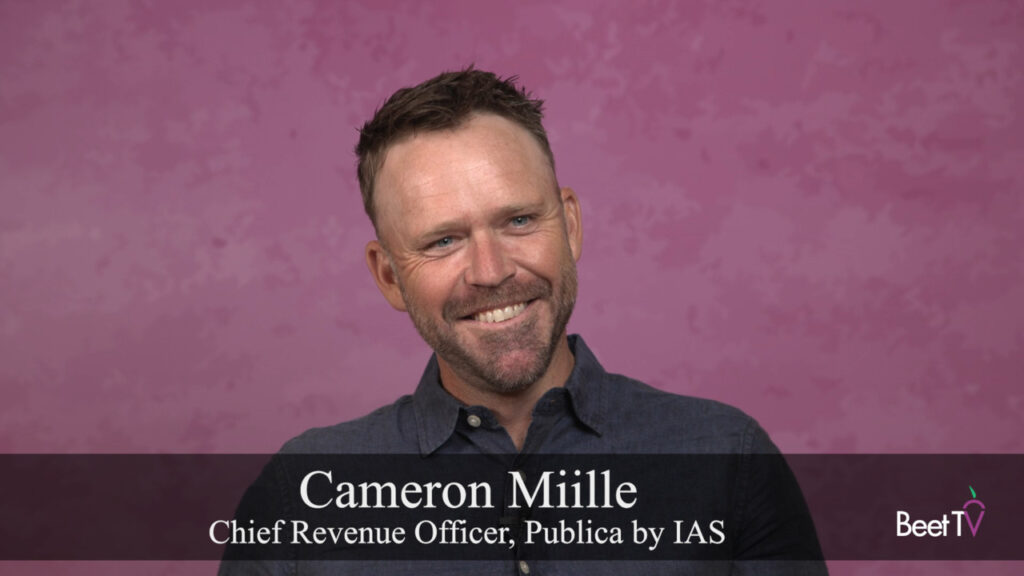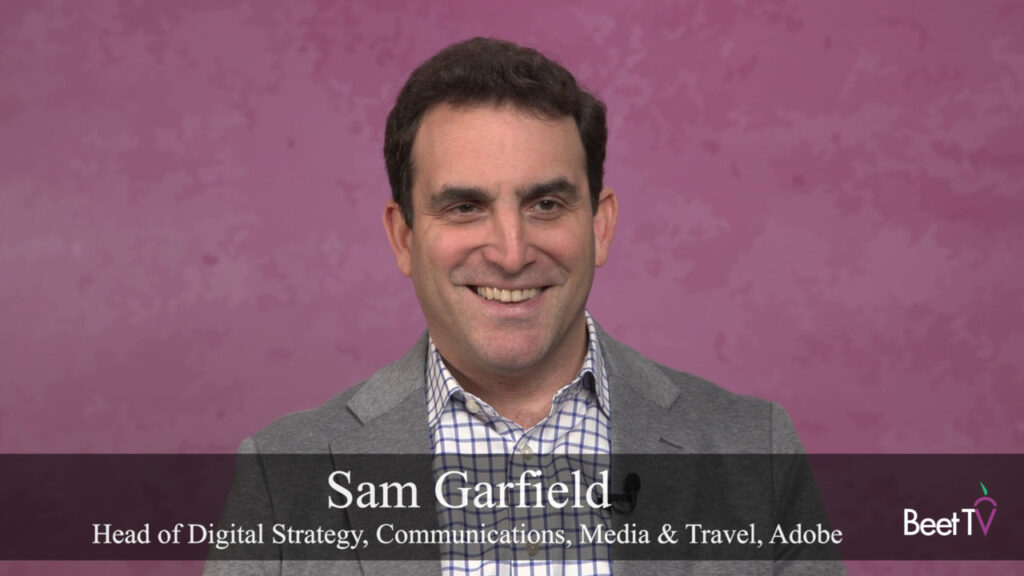 The recently announced joint venture of NBC Universal and News Corporation is not so much a "YouTube killer" as an advertising syndication platform.
The recently announced joint venture of NBC Universal and News Corporation is not so much a "YouTube killer" as an advertising syndication platform.
According to Sunday’s New York Times, the new venture may keep as much as 90 percent of the ad sales, which is a fairly hefty amount in the syndication world. Here’s what Richard Siklos writes in the Times:
Several people involved in News/NBC say that 90 percent goes to the new company and 10 percent to the Web sites. News/NBC will have to share some of its take with the other media companies that provide their content to the service.
Surely there is a growing demand for online video advertising and the big Web sites and content developers want to keep as much of the revenue as possible. But, I wonder if they are they the best suited to sell advertising. Shouldn’t they concentrate on creating compelling online environments and video?
I think the existing NBC Universal advertising exchange nbbc is a good model — take quality video clips, insert advertising into the stream and syndicate the clips to quality sites. That’s fine and perhaps it’s this business that is being expanded with News Corp, but it’s not going to dethrone YouTube. Here’s an interview with nbbc’s Brian Buchwald from last year where he explained the way his venture works:
Success is about sharable video not closed media sites….
The success of YouTube has come from unleashing sharable clips onto blogs, social networking and Web sites. Same with Revver. Popular videos from the exploding Diet Coke/Mentos to lonelygirl are passed around by embed code often uploaded directly to blogs. This world of viral video doesn’t live on a closed media sites — nor on YouTube. (Please find more on this topic from my interviews with MIT’s Henry Jenkins and Forrester’s Brian Haven.)
I believe that good video clips will find audiences regardless of the environment. I think that it’s fine that big media wants to keep a good chunk of its ad dollars, but the real key is in creating original content — or getting consumers to join in. Whether NBC and News Corp get 90 percent of 50 percent of the ad dollars, their success will come in redefining the medium.
![]() Online Video Advertising,
Online Video Advertising,![]() NBC Universal,
NBC Universal,![]() News Corporation,
News Corporation, ![]() Richard Siklos
Richard Siklos







